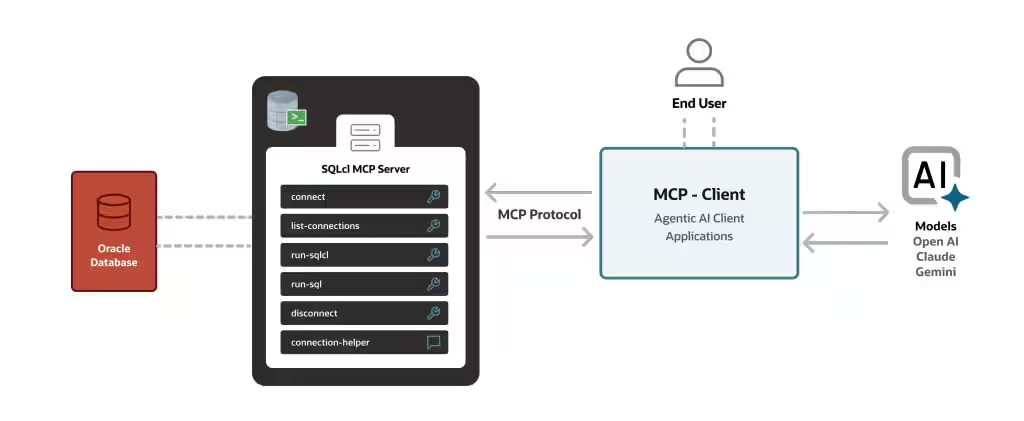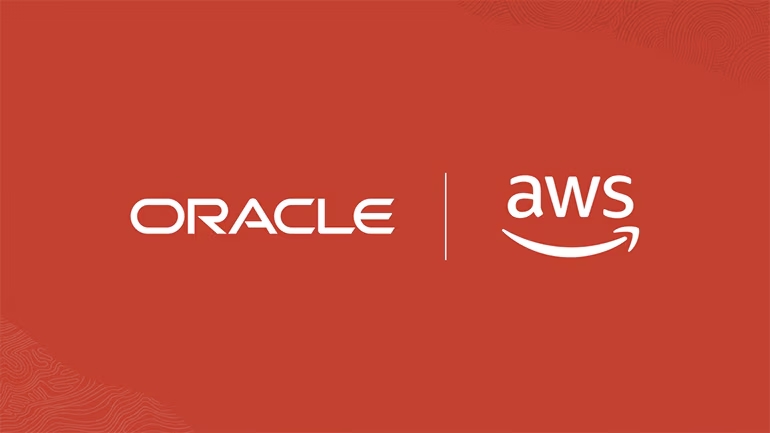Announcing MySQL HeatWave Lakehouse
MySQL HeatWave, if you’re not familiar, is Oracle’s fully managed MySQL database service powered by the company’s unique HeatWave in-memory query accelerator technology. Heatwave is the only cloud service that combines transactions, real-time analytics across data warehouses and data lakes, machine learning, and machine learning-based automation in one MySQL Database. It does this without the complexity, latency, risks, and cost of ETL duplication.
Oracle’s MySQL HeatWave Lakehouse extends MySQL HeatWave to meet the complexity of modern enterprise data. HeatWave Lakehouse enables users to query data stored outside the database, allowing you to run analytics on data stored in various file formats (CSV, Parquet, etc.) as if that data were stored directly within the MySQL database, all without penalty. In fact, it’s the only cloud data lakehouse service to query data in object storage and in the database at the same speed, which has never been achieved before.
Users can query up to a half-petabyte of non-database data, optionally combined with transactional data from a MySQL database, without copying data from the object store into the MySLQ database. This reduces the latency that would be introduced by the copy. HeatWave Lakehouse also uses a new unified query engine that allows data stored in object storage to be queried without a performance penalty.

The ability to query and run analytics on data in an object store dramatically boosts the speed and ease with which you can cost-effectively analyze data across both data warehouses and data lakes. MySQL HeatWave Lakehouse lets you stay ahead of the competition by taking swift action on meaningful business insights. This is a great capability for companies of all sizes.
The way that these types of services are currently offered by public cloud providers such as AWS or GCP makes it out-of-reach for most customers. Users lack the skills or budget to do the integration — often both. HeatWave changes this with its fully integrated approach, allowing organizations without deep pockets access to a data lakehouse. On top of this, machine learning is built-in, and available for just 1% of the cost of Redshift ML.
The bottom line is that this level of capability is out of reach for many organizations, requiring a complex integration of other services. Oracle simplifies the experience for users, removing the need to keep multiple copies of data across multiple object stores, paying for data movement and pipelines, all while shuffling critical data around.
Leading Performance
MySQL HeatWave has been a performance, and price-performance, leader since its introduction, and this continues with HeatWave Lakehouse. Oracle demonstrated that MySQL HeatWave Lakehouse is demonstrably faster than its closest competition on a fully transparent, publicly available benchmark derived from the industry-standard TCP-H test.
Oracle demonstrated that its new offering is 9x faster than Amazon Redshift, 17x faster than Databricks, 17x faster than Snowflake, and 36x faster than Google BigQuery.

Autopilot for HeatWave Lakehouse
MySQL Autopilot is Oracle’s solution for automating MySQL HeatWave. Autopilot uses machine learning algorithms and automation to optimize the performance of the MySQL HeatWave service. It monitors the usage patterns and resource consumption of the MySQL HeatWave service and automatically adjusts the service configuration to maximize performance and reduce costs.

Oracle has enhanced Autopilot to support the unique needs of MySQL HeatWave Lakehouse. There are enhancements to Autopilot’s auto-provisioning and auto query planning capabilities, along with changes to its auto parallel loading engine, to understand and leverage data stored in an object store.
Beyond enhancing MySQL AutoPilot to work with object stores, Oracle introduced new capabilities for Lakehouse. The new capabilities include:
-
- Auto-schema inference, which samples data from object storage to makes inferences about the data within a within a CSV file.
-
- Adaptive data sampling, which intelligently samples files to derive information needed for automation.
-
- Adaptive data flow, which learns and coordinates network bandwidth utilization to the object store across a cluster of nodes, dynamically adapting to the performance of the underlying object store. This yields optimal performance and availability.
-
- Auto query plan improvement, which improves query planning by learning from previously executed queries.
Analysis
It’s no secret that I’m a fan of MySQL HeatWave. It’s simply one of the best managed-database offerings available from any cloud provider.
Oracle raises the bar even higher with MySQL HeatWave Lakehouse, taking on the complexities of analyzing enterprise data outside the database, but as if that data were stored natively within the database. MySQL HeatWave Lakehouse does this cost-effectively without sacrificing performance. It offers the best load performance and query times in the industry. Throw in the enhancements to MySQL Autopilot for automating data management and the story becomes unbeatable.





